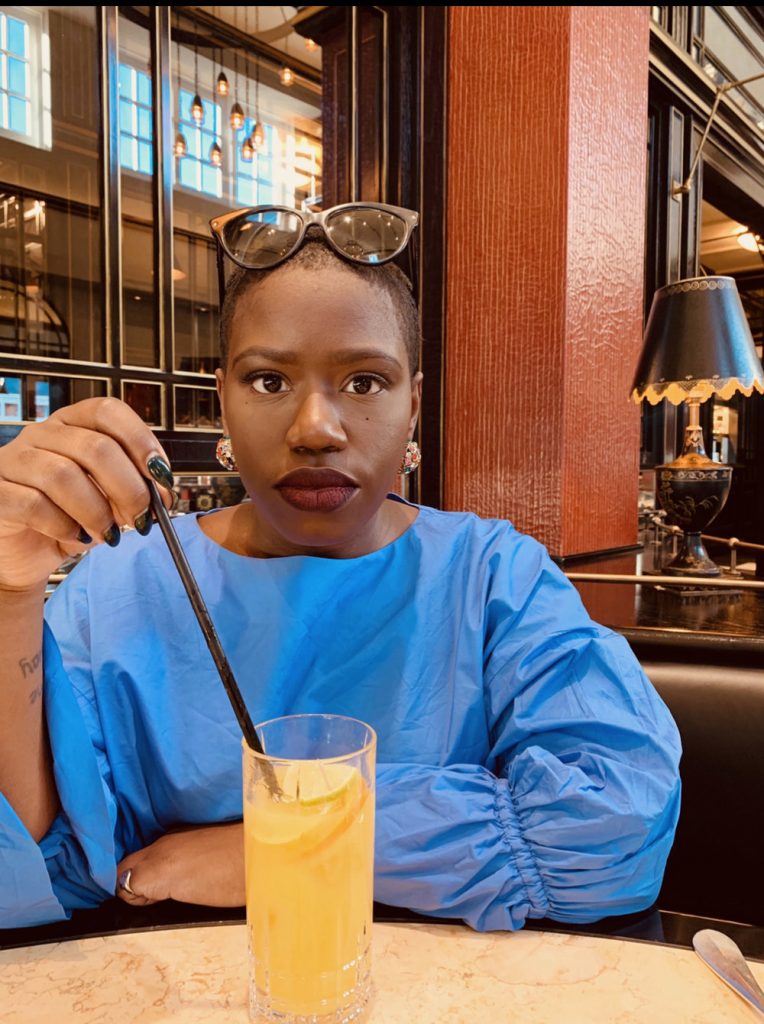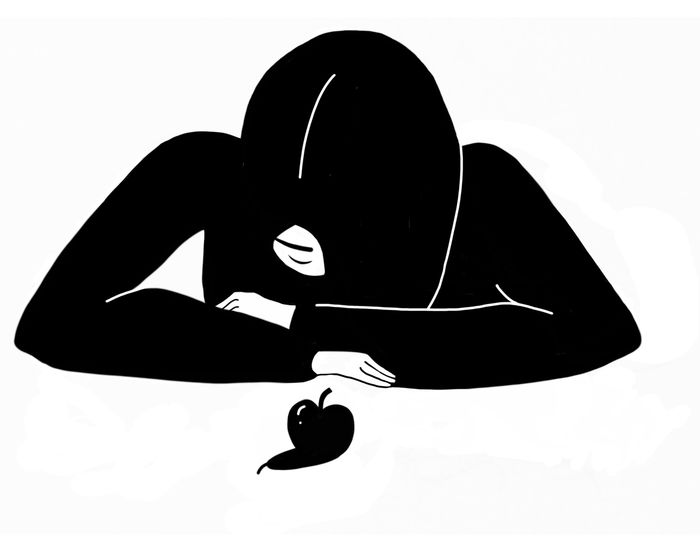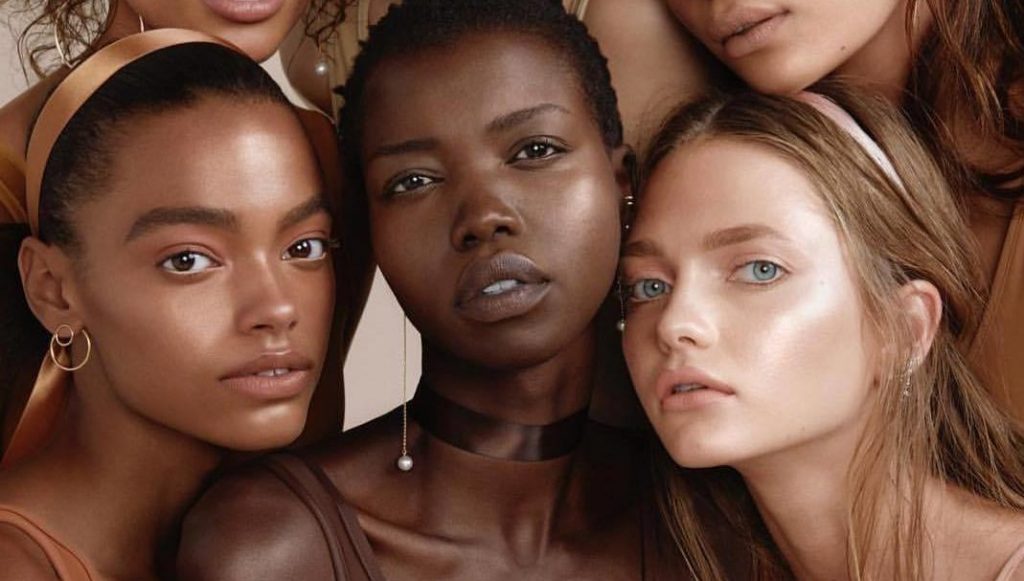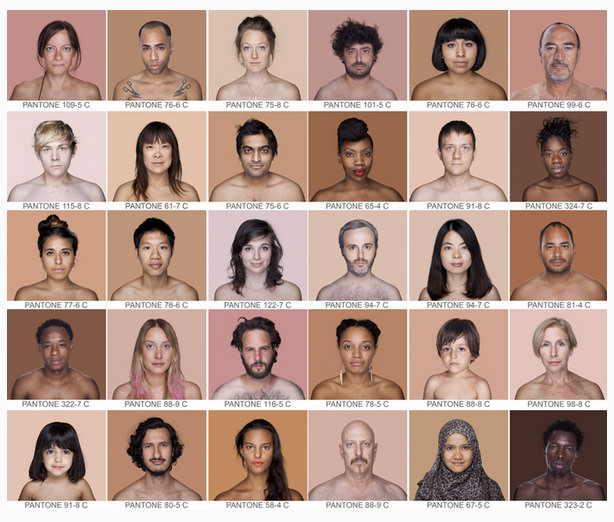I’M A MIXED-RACE GIRL IN A COLOURIST WORLD by Emma Taonga, Mixed-Race Public Health Researcher and Writer

“The black experience is not my story to tell. I have my own, there is room at the table for both the black and mixed-race experience.” “They [the media] do not capture the nuance on being a mixed-race person, and they don’t capture the nuance of being a black person. “Instead, our identities are homogenised into a singular mass, leaving it to us to try to find our voices in the mess.” “So, let us begin to write our own unique stories, and respectfully sit down when it’s not our turn to talk.”
“Even in the playground, I was told my skin was too dark: it’s time to face up to colourism” by Candice Brathwaite, Writer & Broadcaster

“Colourism is discrimination against dark-skinned people. It comes from within the community as well as without, and is an issue across many races, including mine.” “All black women face prejudice, but the truth is that mixed-raced and lighter-skinned black women have been granted a degree of privilege.” “If 2020 was the year the world decided it was time for a proper conversation about racism, then 2021 is definitely the year we need to face up to colourism. Colourism is discrimination against dark-skinned people. It comes from within the community as well as without, and is an issue across many races, including mine.”
“Experiencing colourism as a mixed-race person” by Priya Edwards, Varsity Columnist, University of Cambridge

“Western beauty standards have long damaged the self-perception and confidence of women of colour. Colourism actively disadvantages dark-skinned women of colour as it associates their skin with negative characteristics. In India, it has its roots in colonial oppression and the caste system. Whiteness was the ideal and those of higher castes tended to be fairer than those lower on the social strata, thus reinforcing classed ideas of impurity and undesirability. However, colourism is rife in the UK. Of the 68 female artists to top the British Top 40 since 2017, 17 are of black heritage and the vast majority of those are light skinned”
“The Colours of Colourism; A Deeply Rooted Global Concern” by Hridika Rao, blogger, Voices of Youth

“In my opinion, the major cause of colourism starts with the young minds of adolescents who are systematically taught throughout their childhood about preferential treatments based on colour biases deriving from their own cultural and societal backgrounds. The notion of ‘ideal beauty’ which constructs the core foundation of these innocent minds makes them think that the words ‘black’ and ‘beauty’ could not be used together in the same sentence.”
“You think you’re Black?” Exploring Black mixed-race experiences of Black rejection by Dr Karis Campion, Research Associate

Gender, colourism and Black mixed-race – “In a world in which Whiteness is a yardstick for beauty, Black mixed-race women who tend to be lighter skinned are the likely winners of this competition, over their darker skinned Black female counterparts (Hunter 2013). Understandably, the systematic racism, sexism and colourism experienced by darker skinned Black women can create frustrations which, in some cases, can result in “interpersonal conflict” with Black mixed race women (Sims and Joseph-Salisbury 2018, 3). In contrast, Black mixed-race men, who are more likely to identify as Black and be racialized as such, are less likely to report experiencing gender-specific tensions with their same-sex Black peers (Joseph-Salisbury 2018). Furthermore, skin shade appears to operate differently within the social schemas of Black male friendship groups, where darker skin can constitute a form of capital (Joseph-Salisbury 2018).””
